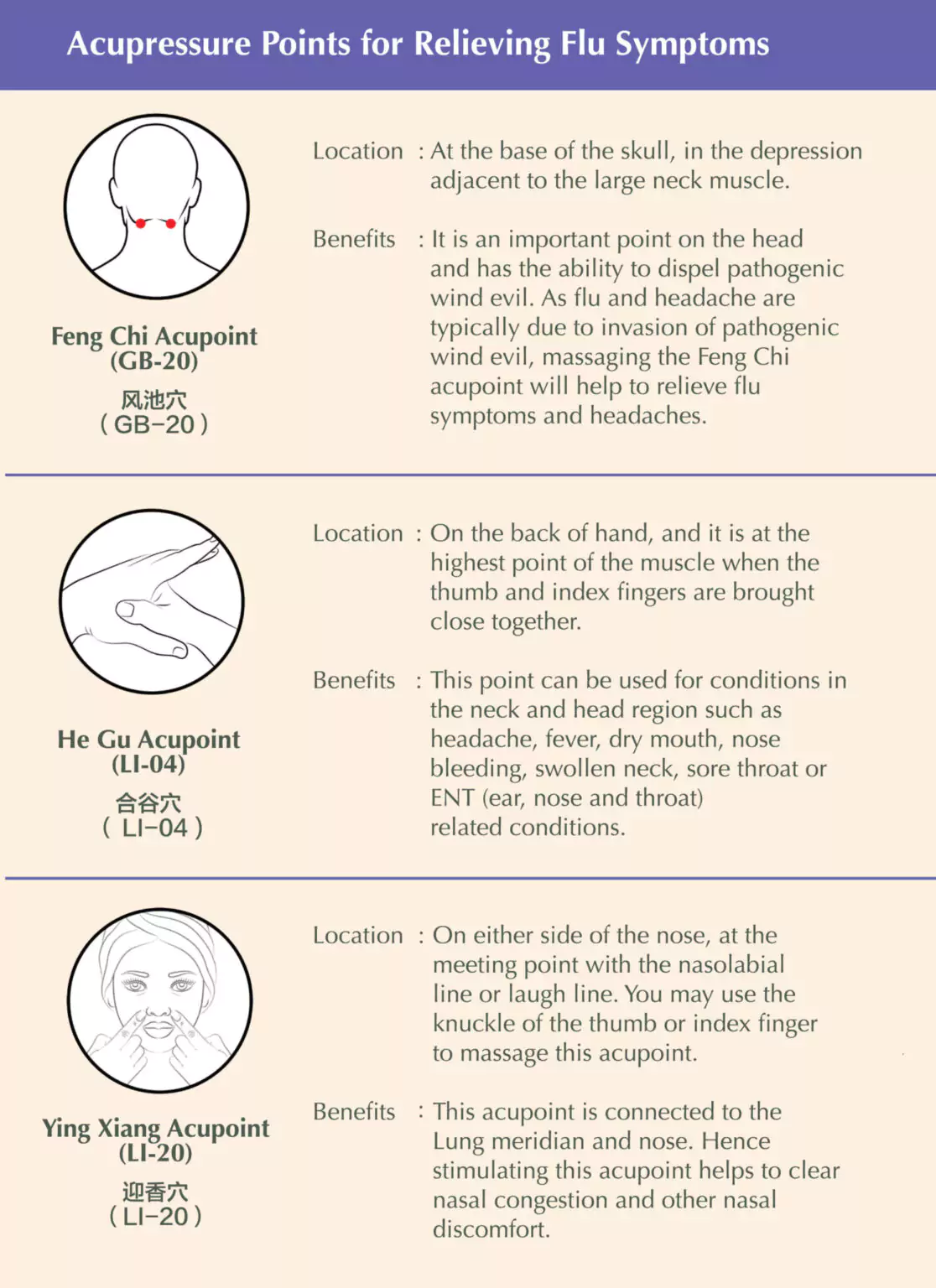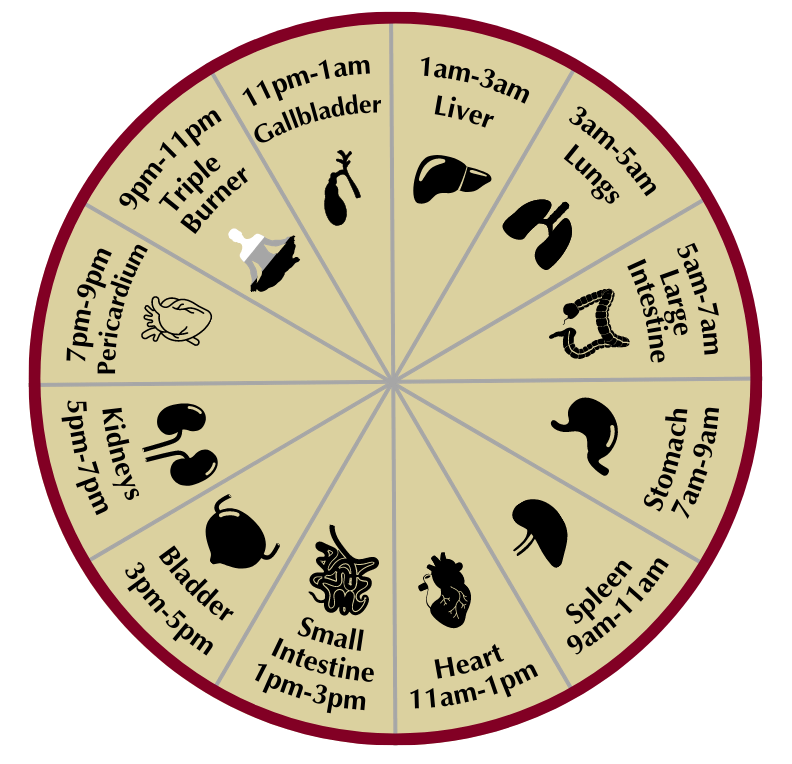The most common types of pain that TCM Physician Chen Tong Mei sees are those that occur in the neck, shoulders, knees and wrists. She is a graduate of one of Beijing’s top universities specialising in acupuncture and bone-related injuries. She also has a Master’s in TCM from the Guangzhou University of Chinese Medicine, and now practises at the Woodlands branch of Eu Yan Sang TCM Clinic, where this interview took place.
“These are problematic areas because of people’s bad posture when standing, sitting or carrying heavy objects,” she reveals “Nowadays, people are addicted to playing games on their mobile devices, which can cause their necks to stiffen. The youngest patient I have is about eight years old. Even when I was giving him treatment, he couldn’t stop playing with his video games!”
How Pain Arises
According to Physician Chen, there are two reasons that explain the causes of pain: pain caused by obstruction, and pain caused by weak qi, blood, liver or kidney. No matter the cause, it is possible for us to experience swelling, piercing, damp, stretching, cold or warm pains.
Physician Chen believes that pain can affect every area and organ of the body. “TCM is best at managing pains caused by the nerves through acupuncture, scraping, tuina, star needles, and cupping,” she insists. “The effects of these treatments are very positive. However, other conditions, such as inflammations and bone spurs, are probably better left to Western medicine.”
TCM is best at managing pains caused by the nerves through acupuncture, scraping, tuina, star needles, and cupping.
Treatment Options
As mentioned earlier, there are several ways that TCM manages pain, such as cupping, acupuncture, tuina, star needling, or intranasal light therapy.
As Physician Chen points out, the benefits of acupuncture is far-reaching and can aid many ailments. “For less severe pains, the patients can go for scraping treatments. For deeper pains, cupping is the more recommended treatment,” she advises.
Physician Chen adds that pain caused by treatments can be alleviated by intranasal light therapy. “On top of that, we use star needles on the affected area. Even though it may draw blood, it is part of the treatment.”
Lifestyle Adjustment
Physician Chen emphasises that while receiving TCM treatment for pain, the patient should remain physically active. That’s because exercising is the only way to loosen the muscles around the affected area, which decreases the risk of the pain recurring.
“Basically, pain is usually caused by low blood flow to the affected area. This causes the nerves to become unstable. That’s why, during treatment, physicians will prescribe medication to patients to encourage blood flow, relax veins and soothes nerves, Physician Chen reveals.
Another tip to control pain is to consume food items that eases pain naturally.
Ginger/ Indian Curry / Chili Padi
These contain turmeric, which can ease the pain patients are experiencing. Menstruating women should drink ginger tea with brown sugar to ease menstrual pains.
Omega 3
Research shows that Omega-3 in deep-sea fishes is great against inflammations, rheumatism, arthritis and migraines.
Coffee
Coffee disrupts the function of pain receptors, thus allowing you to feel less pain. However, this is only useful for individuals who do not drink coffee often.
Berries/Cherries
Strawberries, cherries and blackberries rival the effects of medications such as aspirin, and can improve your immune system and soothe inflammation.
This is an extract of an article by Lisa-Ann Lee that first appeared in NATURA Issue 4. Find NATURA at Eu Yan Sang retail outlets, newsstands and major bookstores in Singapore.
From 1 Mar 2024 till 31 May 2024, new patients can enjoy a physician consultation & pain relief acupuncture treatment at S$68* nett.
*Terms and conditions apply







